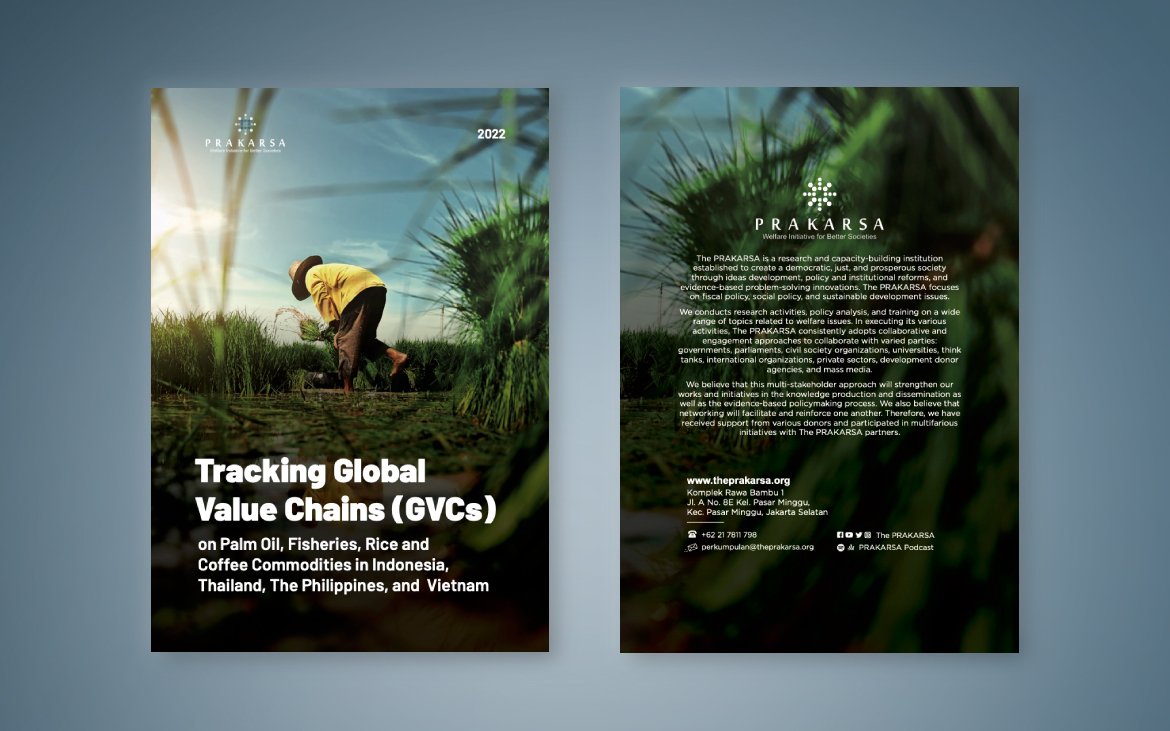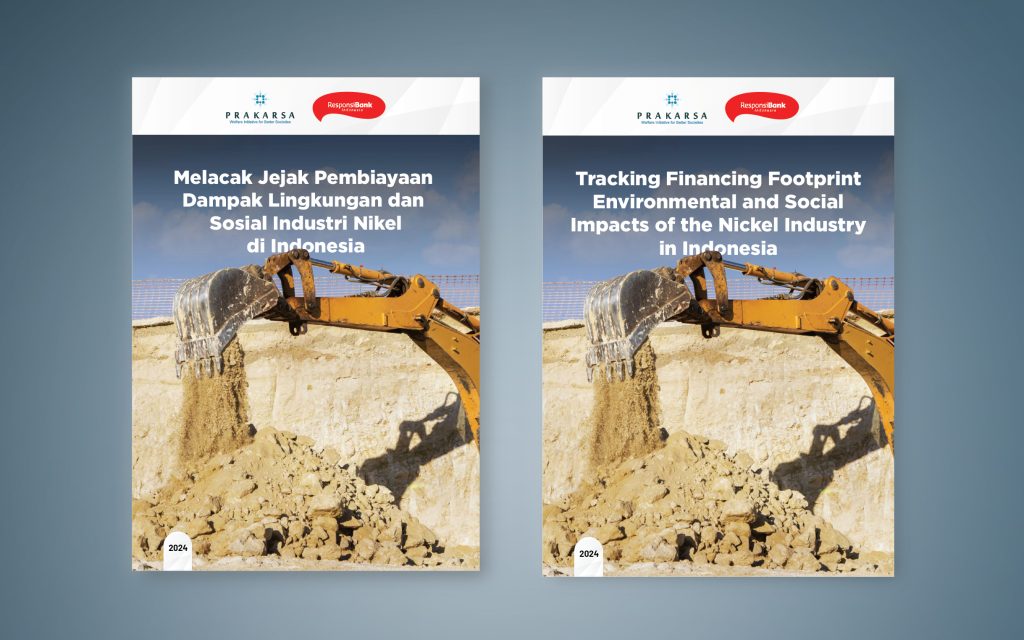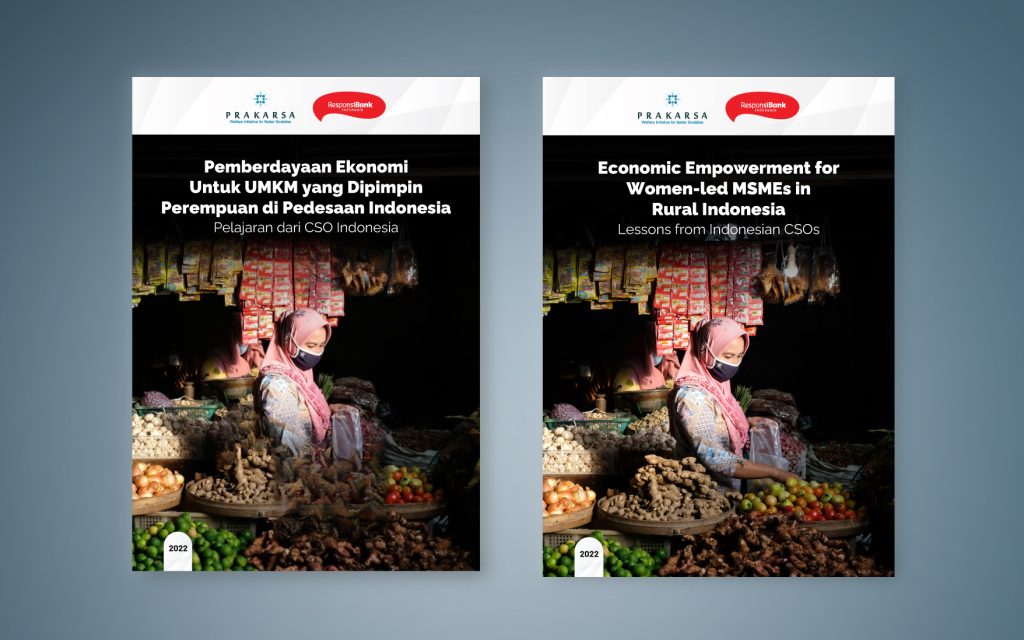
In recent years, a series of technological, institutional, and political developments have triggered a significant globalization of production processes across countries. Value chain is a series of processes, or activities from a beginning to an end with all the processes involved behind it, which are carried out by companies and workers in creating a product. This activity can occur within a company or country, and also across companies and across countries.
Participating in GVC should ideally provide opportunity to improve a country’s economic condition. GVC is still dominated by big players and big economies. This reduces the effectiveness of trade because the advantages from such trade provides profits only to big players and exclude some actors such as small farmers, MSMEs and workers, especially women workers. In the context of Southeast Asia, the region has integrated its economic and trade under ASEAN. The dominating economic activities are agricultural related sectors. Its climate and geographical condition have made Southeast Asia ideal for agricultural and fishery commodities. Among ASEAN members, Indonesia, Thailand, Vietnam and the Philippines share similar economic structures and integrated under one trade system of agriculture and fishery commodities. Palm oil, fisheries, rice, and coffee are strategic and important commodities in this region.
This report is expected to enrich and reinforce existing sources of knowledge to improving value chain policies that are fair, inclusive, sustainable, and have an improving people’s welfare.



